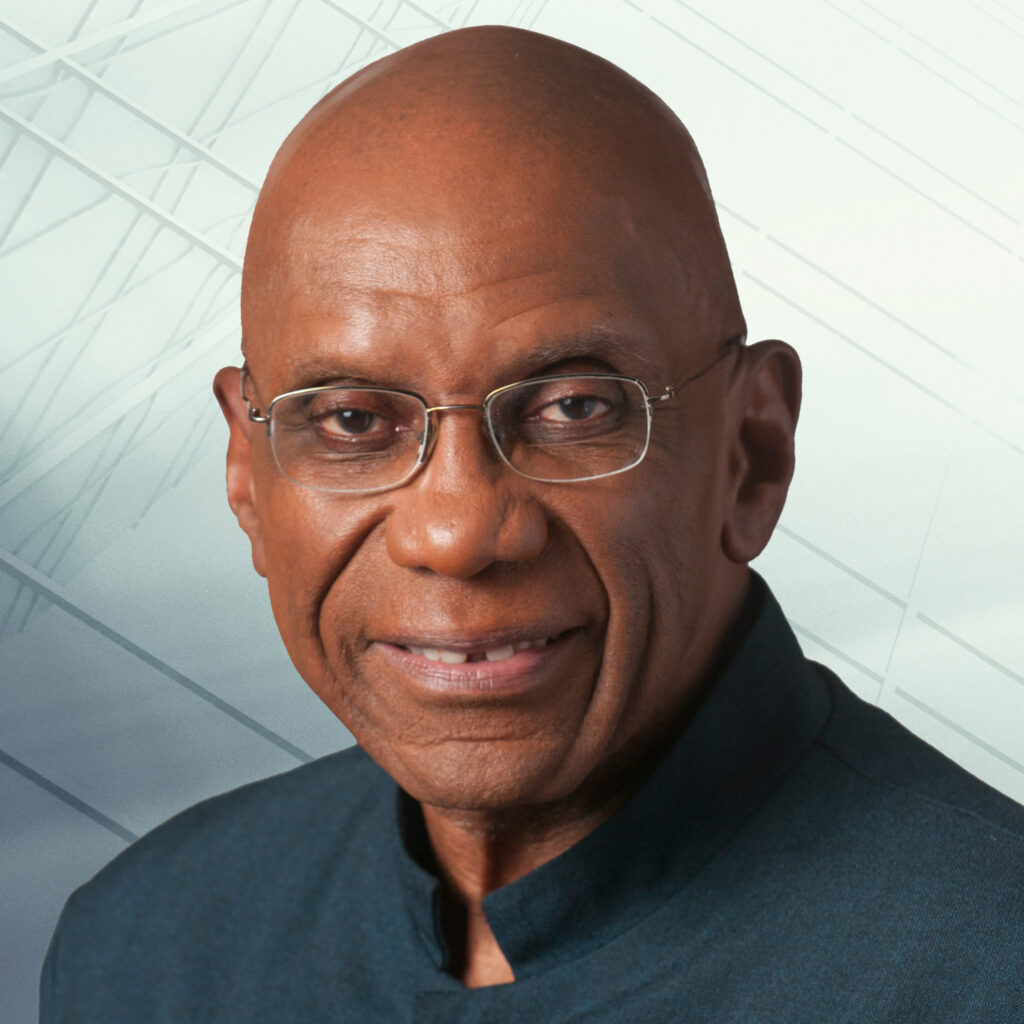By Emmanuel Joseph
Former Central Bank of Barbados Governor Dr Delisle Worrell has made a case for scrapping the Barbados dollar in favour of the United States dollar – known as dollarisation – to eliminate the ever-present risk of devaluation.
Six of 11 countries worldwide to have adopted the US dollar as their official currency are in the Americas: British Virgin Islands, Turks and Caicos Islands, Bonaire, Panama, Ecuador and El Salvador.
Dr Worrell, a former International Monetary Fund technical advisor, oversaw the central bank from 2009 to 2017 and was deputy governor at the height of the 1991 economic crisis. His monetary strategy for the Erskine Sandiford administration has been credited with preventing the devaluation of the Barbados dollar. He advocates dollarising the Barbados economy in his latest monthly economic commentary.
Dr Worrell said: “In small open economies, the benefit of having a local currency appears to be outweighed by the devaluation risks. A majority of small economies, in the Caribbean, Central America and elsewhere have failed in their attempts to support the international purchasing power of their currencies.
“Even those that have succeeded in avoiding large devaluations are subject to exchange rate crises of some severity from time to time. The risk of devaluation never goes away. What is more, the country pays a high price in holdings of foreign reserves to provide some insurance against that risk. Arguably, this money would be better employed in financing infrastructure, health, education or other public sector priorities.”
The economist added: “The benefit of a domestic currency [and] the ability to provide limited and temporary financing of public sector expenditure, appears trivial by comparison with the ever-present risk of devaluation.”
The former executive director of the Caribbean Centre for Money and Finance (CCMF) also pointed out that limited short-term credit is available to governments with sound credit, even in countries with no currency of their own like El Salvador and Panama.
According to him, such accommodation may be obtained from commercial banks and the central bank at market rates.
Dr Worrell advised that this is not new money, and it does not increase the total national spending power.
“Furthermore, it is in international currency and may therefore be used to purchase whatever is needed, both domestic goods or imports.
“The belief that the issue of a domestic currency is a beneficial exercise of national sovereignty is an illusion. Instead, small economies may rid themselves of the fear of loss of value of their wealth and incomes, and economise on the balances held in accounts at the Federal Reserve Bank of New York by using the international money as their domestic currency,” the former central bank governor said.
He noted that for the countries of Central America and the Caribbean and for many other countries around the world, the international currency happens to be the US dollar.
Explaining how Barbados and other regional states can shift their currencies, Dr Worrell said: “All that is needed is for the country’s central bank to use US dollar balances held in reserve at the Federal Reserve Bank of New York to retire all the local currency notes and coins that are outstanding at the current market exchange rate for the local currency.”
Most central banks hold foreign reserves well in excess of what would be required for that exchange, he added.
“The populations of almost all the countries of Central America and the Caribbean live with an abiding risk of devaluation of the international value of their incomes, their homes, their bank balances and all their real and financial property,” Dr Worrell said.
The ex-central bank head reasoned that because El Salvador and Panama don’t have a domestic currency, their populations and anyone else whose income and property are denominated in US dollars, live free of any apprehension of devaluation.
He contended that for better or worse, the US dollar is the world’s common standard of value, in much the same way as the Greenwich Mean is the world’s common standard reference for the time of the day.
Dr Worrell added: “The prices of oil, food or other internationally traded goods may rise, reducing the spending power of their incomes, but the effects will not be aggravated, as might be the case elsewhere in the region, by devaluation of a local currency.
“In the absence of global effects to which all nations are subject, there is no risk to their net worth or the purchasing power of their incomes, specific to their countries.”
